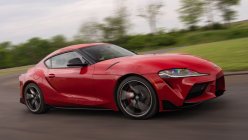Do you know PHEVs and EVs enough to consider owning one? Consider all these tips and what to look for which will factor in very much. Everything you’ve got to know is all here!
Plug-in Hybrid Electric Vehicle (PHEVs) and Electric Vehicle (EV) are the future of motoring, and soon you might find yourself shopping for one despite the prohibitive cost yet stylishness it offers.
Just remember that it still has a carbon footprint because fossil fuels and coal is still used to produce the electricity for it! Until a zero-carbon-free fuel is made, it offers less carbon produced when using PHEV and EV.
Top 12 questions you need to answer when talking about PHEVs and EVs
Buyers of PHEVs and EVs should consider this list before letting go of the autonomy provided by gas-powered cars. To buy the best PHEV and EV is important!
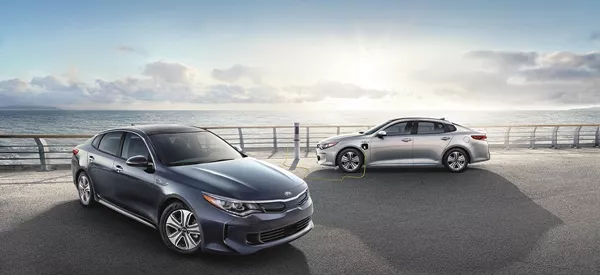
Buyers of PHEVs and EVs should consider this list before letting go of the autonomy provided by gas-powered cars
1. Will the EV car use New European Driving Cycle (NEDC) standard or Asian standard for its range?
This mostly concerns electric cars that use the NEDC as reference for maximum distance per charge. It doesn’t that the amperes or kilowatt per hour batteries will be used for Philippines models.
For sure Euro brands will have the same kWh battery use, but it might be different for Asian carmakers. The NEDC may not apply to our awful traffic which can compromise the claimed range!
>>> Read more: Top 9 most successful electric vehicles brands in 2019.
2. Is it fast charging with 80% reached in a shorter charging period?
It is inevitable that electric cars will run down and reach low levels. When on the go charging there is a question of how fast will it charge with sufficient top up levels of 80%? Better check the charging speed and voltage that it uses, even the charging cable too. Only Tesla has the fastest on the go charging, with Asian EVs lagging behind.
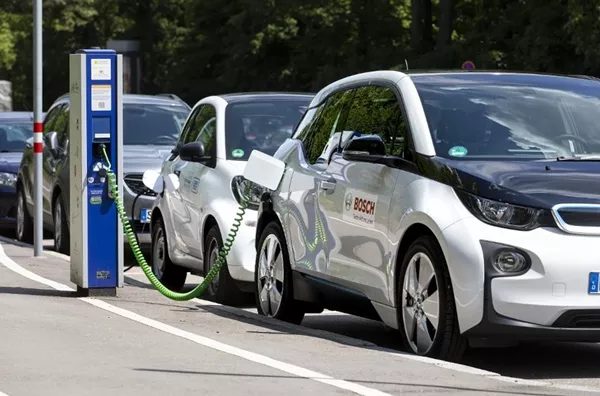
It is inevitable that electric cars will run down and reach low levels
3. How affordable will electric vehicle supply equipment (EVSE) cost to install and acquire?
Without EVSEs installed inside or outside the house, the car needs to be charged at the dealership. This isn’t ideal because home charging is convenient for EV car owners, but this is left to see. EVSEs cost a lot even for the ones with the lowest amperes and volts to acquire, add up the cost of electricity to charge it up!
>>> Also read: Should you buy an Electric Vehicle (EV): Why or Why not?
4. What kind of battery is it?
Two types of EV batteries in use in Lithium-ion (Li-ion) and nickel-metal hydride battery (NiMH), with Toyota doing research for a new generation of fast charge and high capacity batteries for EVs and PHEVs. It really varies what materials are used, but Euro EVs may have the edge in this department with higher ranges!
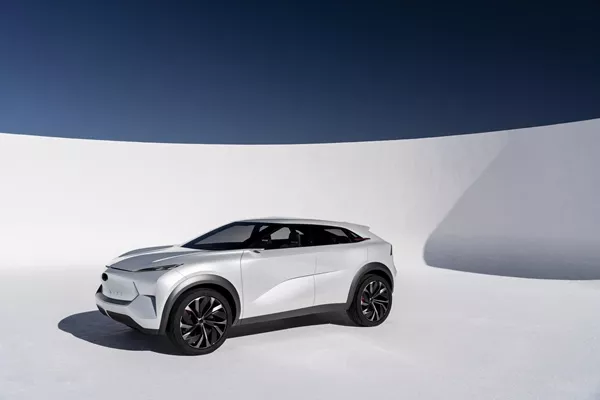
Euro EVs may have the edge in this department with higher ranges
5. How much back upcharge will be left at a low power level?
One of the problems of EVs is how much backup power is left to get it to the nearest charging station. How efficient any EV stores extra power and how much red line charge is important before going zero on the power meter!
6. What is the kilowatt/hour of the car battery?
EV car batteries are rated by how many kilowatt/hours it has! The lower the kWh will have the least distance or range. In most probability, most Euro EVs will have more than 62 to 90 kWh as maximum. While some Asian EVs will have 40 kWh that will be shortened operation range, not a good idea.
>>> EV Buyer's Guide: 7 common kinds of an EV charger.
7. Is there a portable charger or charging cable included in the package?
Inquire whether this is provided with the unit or will entail extra cost! It’s not worth it paying too much, because they are vital parts of operating an EV. Low watts and amps will have the lowest charge, pay a lot for it at your risk.
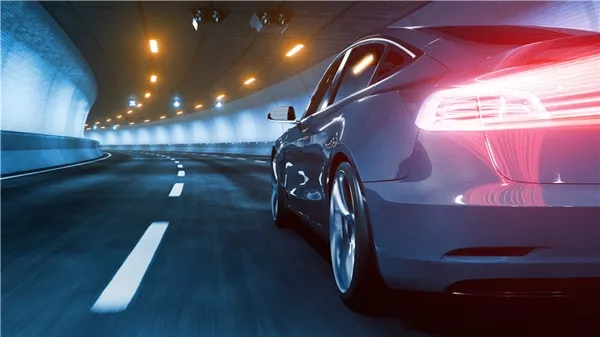
Inquire whether this is provided with the unit or will entail extra cost!
8. Is there a high speed and low-speed gearbox and economy mode?
Check the performance specs because hi-grade EVs have both installed with eco and power mode to save power. One gearbox will not be efficient and will not maximize the range. Consider Euro EVs because they come with the best equipment and are better EVs by far.
9. Is there regenerative deceleration and acceleration systems to recover energy?
Hybrid cars have electric motors that turn on automatically when needed. The electric motor and gas engine of the Prius has 800 kilometers plus range. Using two electric motors instead of one for more horsepower is better.
10. How many volts is the electric motor used for the hybrid engine?
Hybrid cars have electric motors that turn on automatically when needed. The electric motor and gas engine of the Prius has 800 kilometers plus range. Using two electric motors instead of one for more horsepower is better.
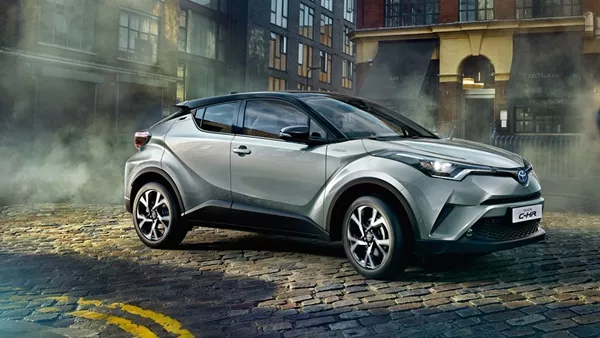
Hybrid cars have electric motors that turn on automatically when needed
11. What is the range of the electric motor used for the hybrid?
EVs have a total range of almost 310 miles or more for expensive models, but the Prius which is a PHEV has more than 800 kilometers total range. Asian carmakers with EVs in Europe may not carry the specs to the Philippine market.
>>> Grasp your attention: Hybrid cars in the Philippines: Pros & Cons and differences from electric cars.
12. How much will a top-up cost at charging stations for PHEVs and EVs?
Another alternative for dealerships is paid charging for those with without home EVSEs that can earn extra income. How much will it take to fast charge your EV or slow charge it, does matter because it won’t be free and may cost more than gassing up. With the cost of electricity and acquiring EVSEs, charging for their use is inevitable.
Afterthoughts
There’s no doubt the future is PHEVs and EVs that will eventually replace gasoline engines. Unlike choosing conventional cars which is an easier affair between the two. Buying a brand-new Plug-in Hybrid Electric Vehicle (PHEV) or Electric Vehicle (EV) is something altogether much different and with more technical considerations.
For those not familiar with conventional cars have enough problems, but roll in electric vehicle technology which is something more complex!
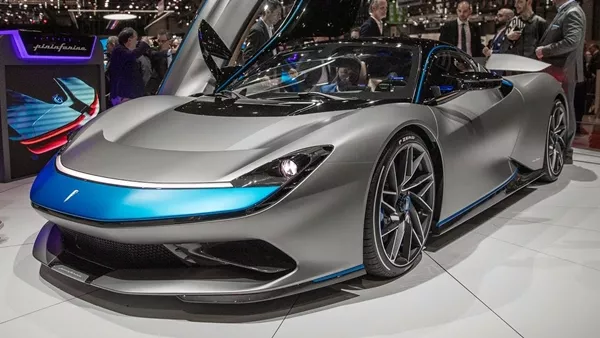
There’s no doubt the future is PHEVs and EVs that will eventually replace gasoline engines
To buy the best PHEV and EV and navigate the flow chart following all these steps will allow anyone to find the best option or not. Remember that PHEV and EVs are both different too and more information is needed.
In the final decision, it’s fully electric and partially electric (gasoline engine and electric motor), and it comes down to the range.
What will be chosen? That will depend on personal preference in the end. Got electric cars on your head? Philkotse.com will give all the best tips when choosing the right PHEV and EV for everyone.
Recent posts
- 9 reasons why public transportation should shift to electric vehicles Jun 24, 2019
- 7 reasons why Geely Geometry EV is worth your budget May 25, 2019
- Eco-friendly car: 7 easy ways to go green with your vehicle Aug 16, 2022
- Pros & Cons of Buying Used Electric Vehicles Nov 30, 2022
- EVAP to push for legislation to support the development of electric and hybrid vehicles Nov 07, 2017


